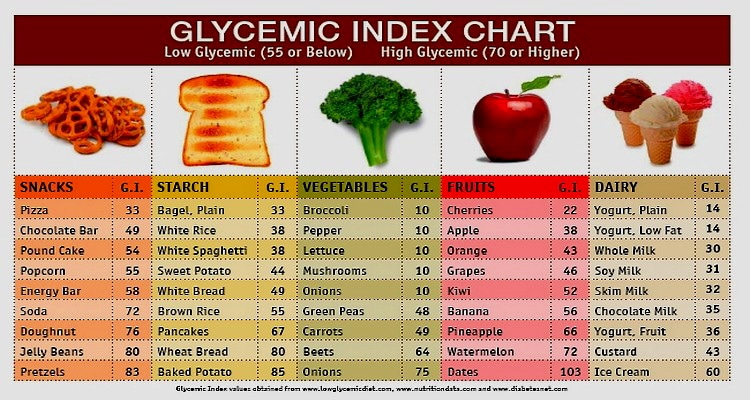Self-control is normally thought of as a function of willpower and is sometimes used interchangeably. However, I was turned onto the biophysiological aspect of self-control when I read the book The Hour Between Dog and Wolf by John Coates. In the book, the author explains the important relationship between our blood glucose levels and our willpower, or self-control.
It seems that the act of self-control depletes a large amount of blood glucose in our system. As a matter of fact, any type of mentally taxing activity draws a large amount of glucose into the brain (from the liver). Although the brain constitutes approximately 2 percent of your body mass, it consumes some 20 percent of your daily energy. The brain needs oxygen, blood, and glucose to perform. While oxygen and blood is vital to the brain remaining operational, the amount of glucose the brain needs is often overlooked. It seems that any type of mentally taxing activity draws a large amount of glucose into the brain (from the liver). Mental activity also includes using your willpower, or self-control.
The glucose and self-control connection became popular within the field after a 2007 study in which scientists gave one group of lemonade with sugar and gave another group of lemonade with splenda (which doesn’t increase blood glucose). After drinking the lemonade, participants were asked to keep their focus during a difficult mental task. The group that had sugar with their lemonade fared better than the control group, the group with the splenda.
A group of psychologists at Florida State looked at glucose levels in the brain found that during taxing mental activities our glucose reserves become depleted and this reduces the body’s capacity for self-control. These psychologists concluded that our our allocation of energy follows a “last in, first out” approach according to which cognitive ability is rationed first when fuel is low.
The connection between glucose and self-control can explain why willpower/self-control is a limited resource. The amount of self-control you have is directly affected by how much glucose is in your blood. This could explain why long hours of work makes us more prone to angry outbursts at coworkers. This could also explain why hunger makes us make rash and impulsive decisions.
The answer to maintaining self-control, controlling our emotions, and reigning in on impulsive behavior is to just eat regularly. When we eat regularly (4-5 small meals a day), we are able to maintain a consistent level of glucose that will allow us to maintain our self-control.
Although glucose is commonly associated with sugar and carbohydrate in foods, this is not an open invitation to eat as much sugar or carbohydrate as you want. There have been many studies out there documenting the dangers of overindulging in sugar, especially processed sugar. Just eating regularly (and healthy) is enough to keep self-control at its peak. However, if you want specific suggestions on foods that will maintain your willpower and mental energy, it is a good idea to eat foods that are low on the glycemic index (GI). Here is a table containing foods that on the low-end and high-end of the glycemic index:
But just remember, just because it is low on the glycemic index doesn’t mean it is healthy for you. Pizza and popcorn are low on the glycemic index but that doesn’t mean it is healthy to eat on a regular basis. And just because it is high on the glycemic index doesn’t mean it is unhealthy. For instance, onions, bananas, and dates are high on the glycemic index but they are healthy to eat on a regular basis. The glycemic index is just used to measure the effects of the food on our blood glucose levels.
******
The scientific literature does not endorse the theory that increasing your glucose intake will all of a sudden make you more disciplined and self-controlled. We must be careful not to make this inference from the available evidence. The scientific literature only seems to endorse the idea that having having enough blood glucose in the body will allow us to return to our baseline level of self-control.

Leave a Reply